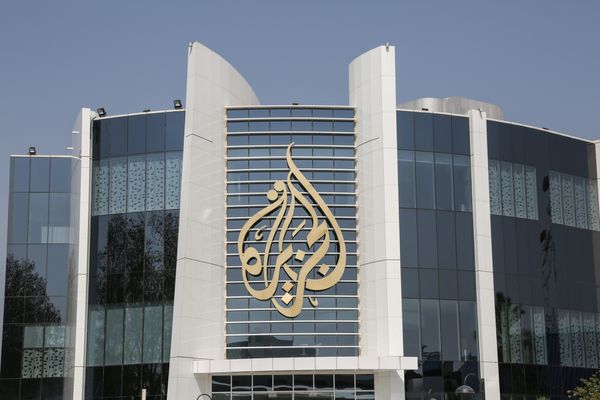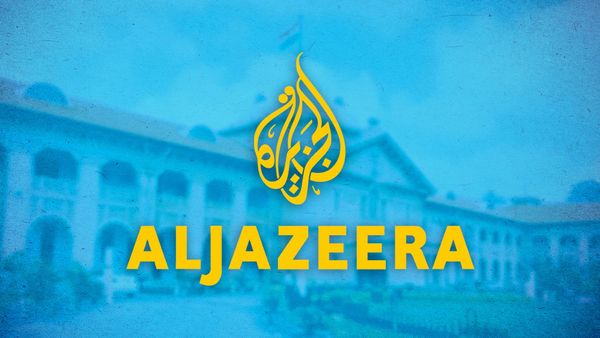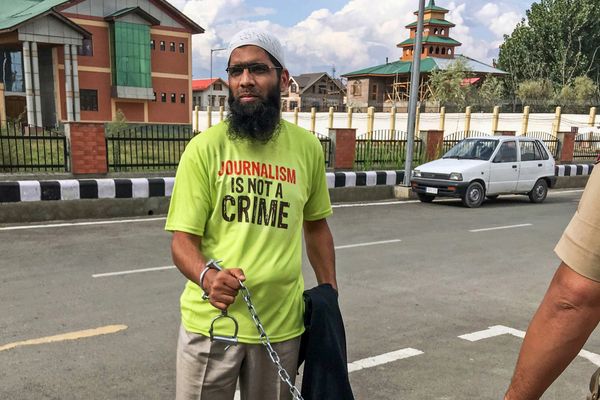
An Indian court has blocked the screening of an Al Jazeera documentary about the country’s Muslim minority, fuelling fears that the right to criticise the government is being eroded.
The Allahabad high court was acting on a public interest petition filed by Sudhir Kumar, an activist, who said he had learned from media reports that the documentary Who Lit the Fuse? portrayed India’s 172-million Muslims as living in fear of the Narendra Modi government. He also alleged that it showed state agencies acting against the interests of Muslims.
On this basis, Kumar argued, the documentary should not be broadcast as it would disrupt social harmony.
“Considering the evil consequences that are likely to occur on the broadcast of the film … we are of the view that the broadcast be deferred pending consideration of the cause in the present petition,” the court said in its ruling. The judges also said the government should ensure the documentary was not shown until it had acquired the “requisite certification”.
The ruling has dismayed free speech activists who have accused the government of systematically shrinking the space for dissent.
The supreme court lawyer Colin Gonsalves said that unlike films – which need to be certified before they could be publicly screened – documentaries did not need any prior approval. Further, he said the supreme court had clarified numerous times that the right to free speech included the right to express opinions critical of the government.
“The court has said Indians have the right to hear such hostile opinions and the government has to tolerate things it might find hateful”, he said.
Gonsalves said the Allahabad court’s pre-emptive ban was illegal. “The state can only restrict a broadcast if it might affect the security of the nation or disrupt good relations with neighbouring countries,” he said. “The state can only ban a documentary once it has been screened. If it’s screened and causes riots, let’s say, then it can be banned but not pre-emptively like this, purely on the basis of speculation.”
This latest ruling is part of an ongoing debate within India about freedom of speech.
Earlier this week, the former Twitter CEO Jack Dorsey said in an interview that the government had threatened to shut down the company and raid the homes of its employees over posts critical of the government’s handling of the 2021 farmer protests.
Rajeev Chandrasekhar, the deputy minister for information technology, accused Dorsey of speaking an“outright lie”.
In January, the government prevented the broadcast of a BBC documentary that looked critically at Modi’s role in riots in Gujarat in 2002. The government was so incensed at the poor light in which Modi was portrayed that it invoked emergency laws to ban links and clips of the documentary from being shared online.
Free speech activists contend that government supporters are making strenuous efforts to flag any forthcoming media content that they dislike, not only domestically but also from foreign channels or platforms.
“We’ve been seeing so many cases where government supporters file mischievous complaints with the police over perceived insults to the government or the ‘country’ that it is almost a free-for-all out there,” said Geeta Sheshu, the co-editor of Free Speech Collective.










